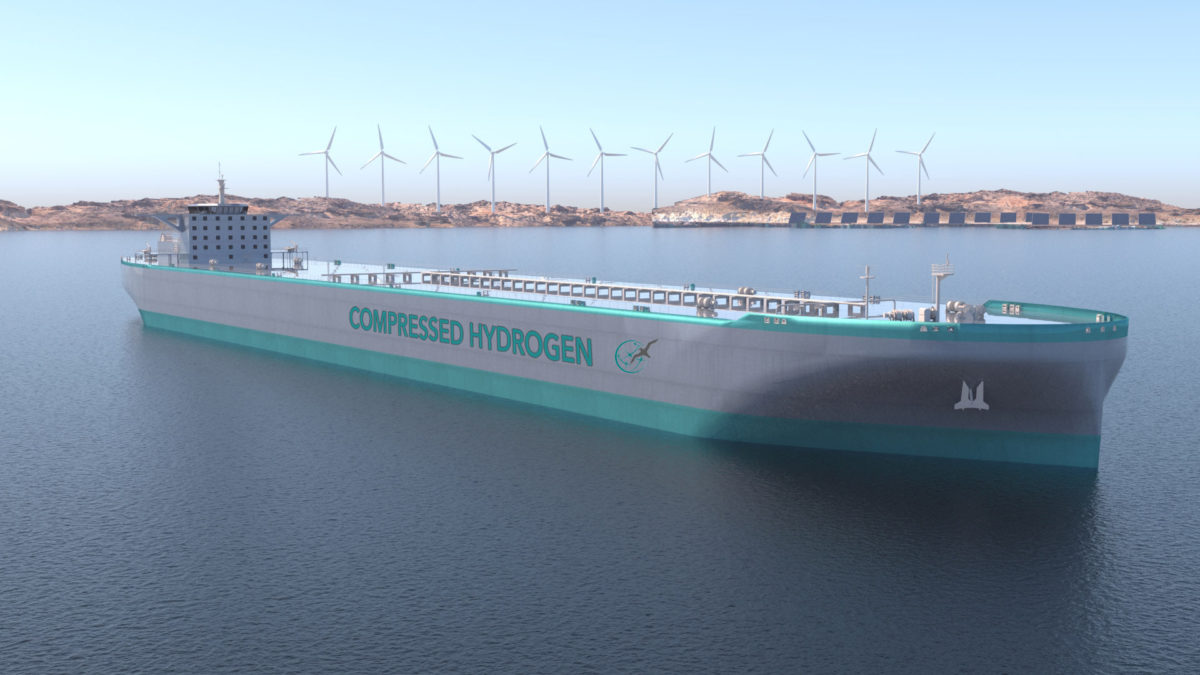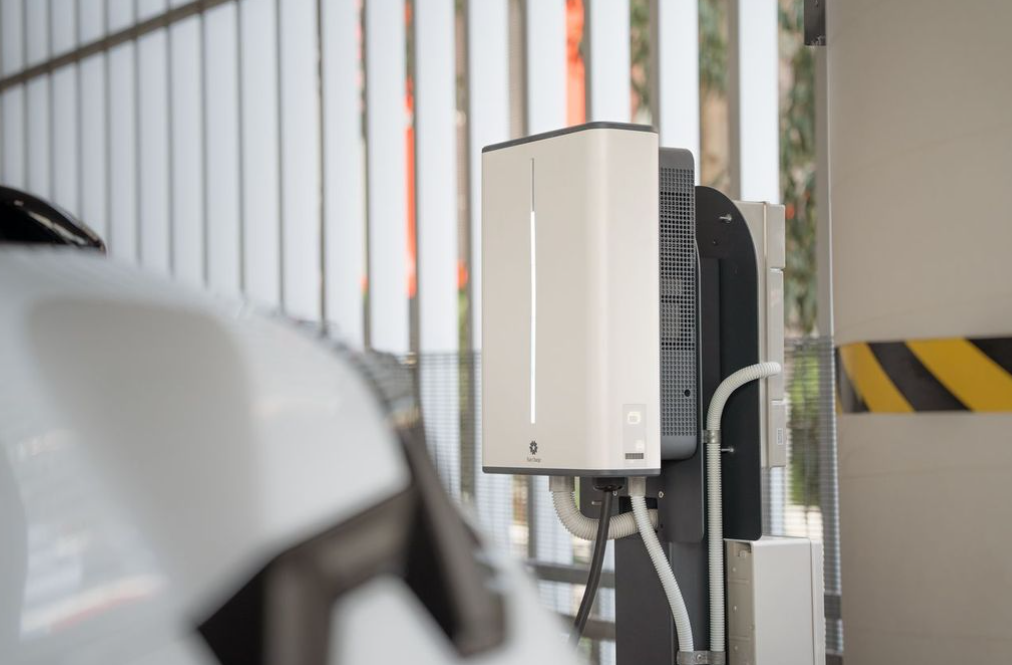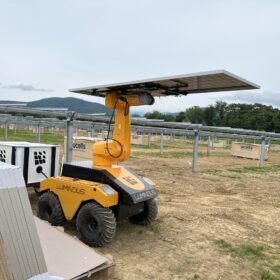Perth-based ‘energy transition company’ Green Energy Ventures (GEV) has revealed it will focus its attentions on environmental permitting as it seeks to develop a 2.8 GW solar farm on the Northern Territory’s Tiwi Islands as part of plans to create a major green hydrogen hub for export to Asia markets.
GEV said Darwin-based EcOz Environmental Services has been engaged to prepare the project’s environmental referral submission for lodgement with the Northern Territory Environment Protection Authority in the first half of 2022.
GEV executive director and chief development officer Garry Triglavcanin said the referral submission is an important step forward as the environmental process is likely to drive the project schedule.
“There are a number of key environmental studies that can only be conducted during the current wet season,” he said in a statement.
GEV has also engaged consulting firms ILF and Jacobs to prepare engineering studies supporting the referral submission, covering the key areas of solar generation, power transmission, including the transmission line route, as well as water desalination to supply water to the electrolysis plant.
The engagement of ILF follows GEV’s previously announced memorandum of understanding with the company in Germany.
GEV first unveiled plans to develop the 2.8 GW green hydrogen export project on the Tiwi Islands in October.
The project is proposing to deliver a fully integrated green hydrogen production and export supply chain, starting with a fleet of the company’s 430-tonne compressed hydrogen ships, with a view to export up to 100,000 tonnes of renewable hydrogen per annum into the Asia Pacific region.
The project seeks to vertically integrate GEV’s hydrogen business, which has largely focussed on designing and making ships to both run on and carry compressed hydrogen.

Development of the Tiwi Island project is being planned as a phased approach with the initial stage to see a 500 MW solar farm built on the island, which would expand to 2.8 GW as the regional hydrogen market grows and costs of solar, electrolysers and shipping reduce.
In November, the company announced it had raised $12 million through a share placement to accelerate development of the project.
In a statement last week GEV confirmed its 2022 development program is fully funded following the capital raising.
GEV said the environmental referral submission is expected to provide sufficient information to the NT EPA to enable a decision on the level of assessment required for the project.
The company is anticipating lodging its submission in the first half of 2022.
GEV expects to make appointments during the March and June quarters in relation to the detailed engineering of the solar generation and electrolysis process.
The solar facility is expected to be constructed on existing plantation land while the hydrogen production, compression and loading facilities are set to be built on existing industrial precinct and existing port area.
The company is targeting financial close of the project’s initial phase by mid-2023.
Potential offtake targets in the Singapore, Japan, Korea and Indonesian markets are also being identified.
This content is protected by copyright and may not be reused. If you want to cooperate with us and would like to reuse some of our content, please contact: editors@pv-magazine.com.









1 comment
By submitting this form you agree to pv magazine using your data for the purposes of publishing your comment.
Your personal data will only be disclosed or otherwise transmitted to third parties for the purposes of spam filtering or if this is necessary for technical maintenance of the website. Any other transfer to third parties will not take place unless this is justified on the basis of applicable data protection regulations or if pv magazine is legally obliged to do so.
You may revoke this consent at any time with effect for the future, in which case your personal data will be deleted immediately. Otherwise, your data will be deleted if pv magazine has processed your request or the purpose of data storage is fulfilled.
Further information on data privacy can be found in our Data Protection Policy.